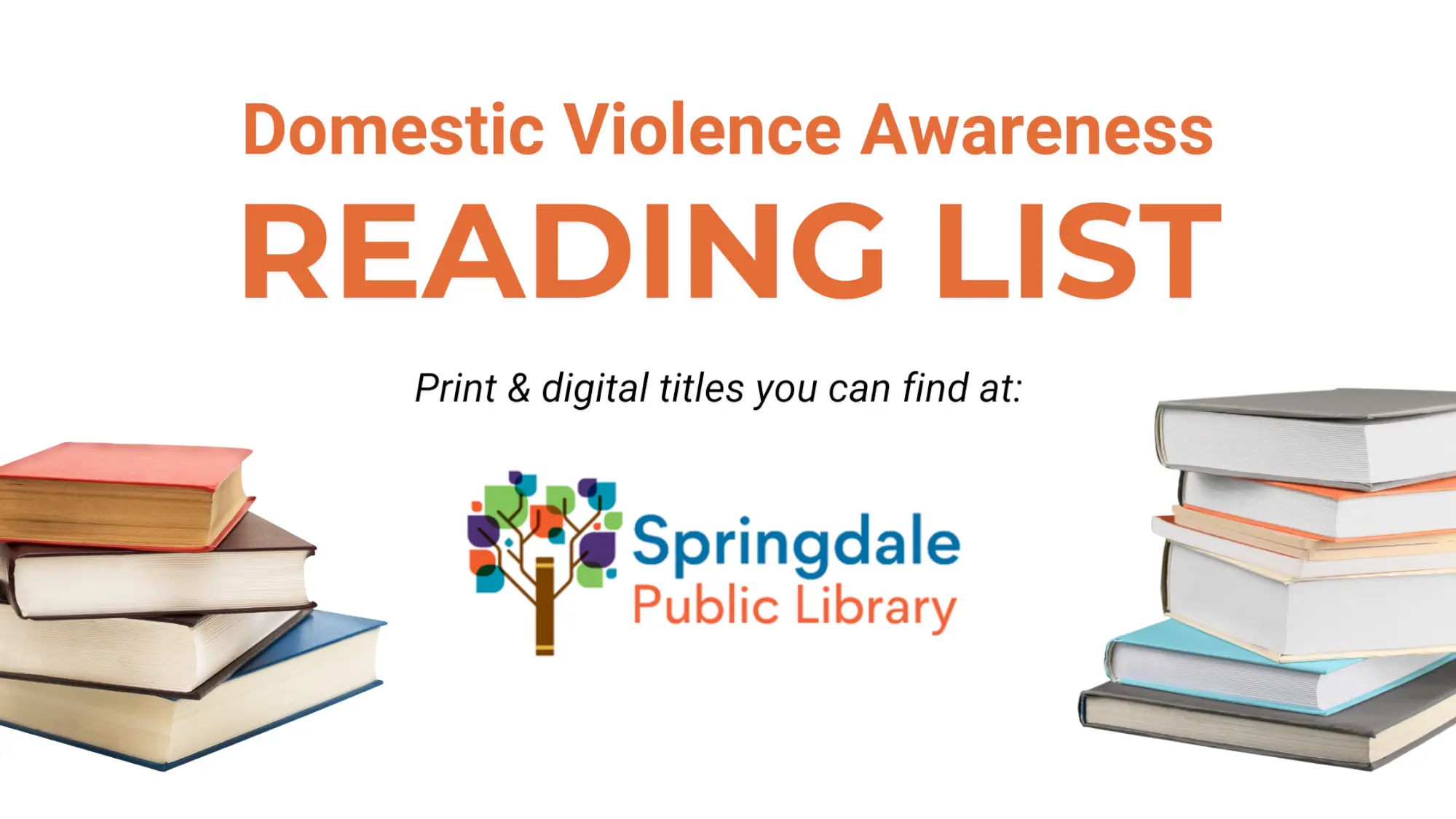Understanding the tangible barriers that victims of DV face can help us support our friends and family who are experiencing this issue. It is also important that we are aware of the free, local resources that can empower survivors of DV as they find safety and self-sufficiency independent from their abuser.
Access to alternative shelter is a primary barrier for people experiencing domestic violence (DV). According to American Civil Liberties Union, victims of DV, specifically women, often have little or no access to money and very few friends or family members to rely on if they flee a violent relationship. The difficulties in securing a new place to live after leaving their abuser may avert them from making the attempt. People stuck living with an abusive partner may find themselves trapped between violence and homelessness.
It can be difficult for a victim of domestic violence to save their own money if their partner is the breadwinner or gatekeeps the income. Without sufficient funds, a victim cannot afford to move into their own house or apartment, which usually requires an application fee, deposits for rent and utilities, and first month's rent. The American Civil Liberties Union says that women living in rental housing experience Intimate Partner Violence (IPV) at three times the rate of women that own their homes. Domestic violence exists along all income levels, but poverty can exacerbate DV.
Besides a potential inability to afford their own housing, a victim may find it difficult to locate and secure new shelter if their abuser is obsessively controlling. This may look like checking their partner's text/call history and emails, interrogating them, and constantly being around them to monitor their behaviors. Some abusers may try to instill fear in their partners by telling them that they would not be able to make it without them and they will find out about any efforts they make behind their backs.
Victims of DV can also be quite isolated from friends and family and may not have anyone to stay with after leaving. Having a support network to rely on is helpful, and oftentimes crucial, in the context of domestic violence. If a victim is not able to rely on others, this could limit their access to alternative shelter immediately after leaving an abuser. Another option is sleeping in their car, which is not safe or ideal. They could also stay in a hotel but that is not cost-effective, especially if they are trying to save for the expenses that come with obtaining a new place. This is where domestic violence shelters can be helpful. While staying at an emergency DV shelter, advocates can help a survivor and their children locate and secure permanent housing.
At Peace at Home, it is not required to stay in the emergency shelter in order to receive transitional housing assistance.
Our organization has several helpful for survivors of domestic violence, all completely free and optional.
Call us on our 24/7 Help Line at 479.442.9811 to chat with an advocate about how we can assist you or someone you know! Hablamos español.



